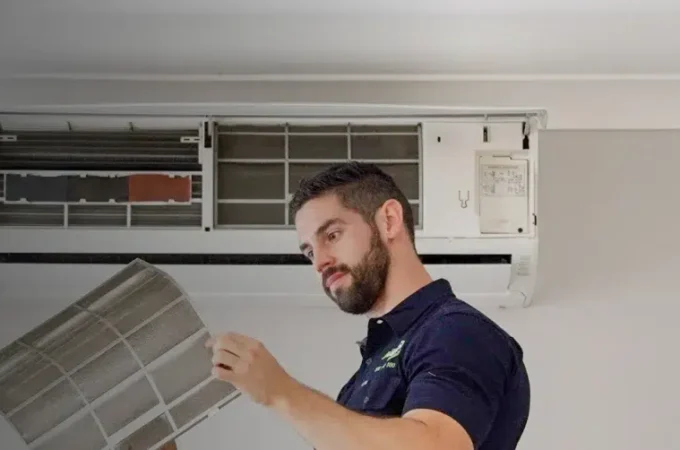
How Do I Check the Background of a General Contractor?
A good contractor may be the difference between a project finished on-time and in-budget, and a total disaster. That’s why choosing a contractor is never easy and should never be taken lightly. Hiring a contractor should be a professional process, similar to any other hiring process. You need to do your due diligence: get information, check references, interview them, and clarify timelines and expectations. But with so many contractors on the market, how to know you are dealing with the best one?
The Power of an Internet Background Check
Using Check People, you get a comprehensive report that includes identity verification, criminal records, bankruptcies, fraud alerts, known addresses, and social media data. Check People is a reliable service that uses technology to crawl the web and find all publicly available information. The advantage of using a service like this one is that you get almost immediate results, and you don’t have to organize data or discard duplicate information. When checking this design-build construction company, you can confirm their credibility by looking at their past projects, reviews from previous clients, or any legal issues they may have encountered. In addition to the background check, it’s always a good idea to ask for references and take the time to contact them. This will give you an insight into how this company actually works and if they deliver on their promises.
Better Business Bureau and Consumer Protection Office
Check with them to find out if there are any complaints about your potential contractor. Another instance that can help is the building’s inspector’s office. While one complaint can be a product of a bad client or adverse and unusual circumstances, a history of angry clients is definitely a red flag.
Ask for References and Cross-Check Information
Be prepared to ask important questions such as:
- Was your project finished on time and on-budget? If not, why?
- Where there any costs that you consider unnecessary?
- How did the contractor solve common construction problems?
- Would you hire this contractor again? Do you recommend them?
Think about any other way in which you can get them to disclose important information. Remember that everyone usually uses their best clients as references, so be cautious of overly good references and what may seem as excessive praise.
Another good source for reference checks are subcontractors, so ask the contractor to give you a list of those who usually collaborate on their projects.
Consult with Local Builder’s Associations
Always hire licensed professionals, especially for construction work. If your contractor’s licenses are not up to date you can have any number of legal issues, from no insurance coverage to liability if a construction worker is injured. Licensed contractors must have property, liability, and worker’s compensation insurance.
Also, get as much information as you can on the business itself: How long has it been around? Can you see any completed projects? What are the usual complaints from former clients?
Have a Proper Interview
One of the most common complaints of people who hire contractors is that their projects are not completed on time or drastic changes to the budget. A thorough and professional interview will help you clarify expectations and responsibilities. Ask for a list of issues that can cause delays, and how will they deal with them. Understand their approach, be clear about what you want in terms of quality of the work and materials used, and prepare a contract. In your contract, always include:
- Expected timeline and possible consequences of lateness (for example, big companies discount a small percentage of the total pay for each late day –if the contractor is directly responsible for the lateness–)
- Budget and fees
- Legal matters (for example, that workers hired by the contractor are not your responsibility)
- Safety measures
- Construction permits (who is responsible for them?)
- Fees
- Reasons for termination
- Penalties for unfinished work

Ask for a list of what your contractor needs from you in order to finish the project on time and comply with their requests (as long as you deem them reasonable). Supervise your contractor, but be reasonable. There are few things that contractors hate more than customers who believe they know better and want to be involved in every little decision. Keep communication open, ask for your contractor to be reachable at expected times to answer your questions, and ask for periodic progress reports.
Information is the key to risk mitigation. Avoid losing time and money and always find out as much as you can about a potential contractor before engaging in any type of contractual relationship. There is a lot of information available online, so protect yourself from the beginning and always try to make informed choices. Once you choose a professional contractor, trust their approach and decisions, and enjoy the process!




